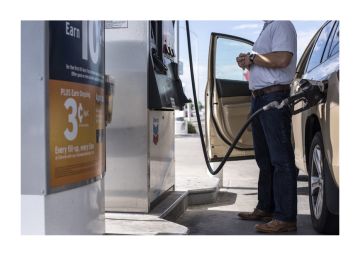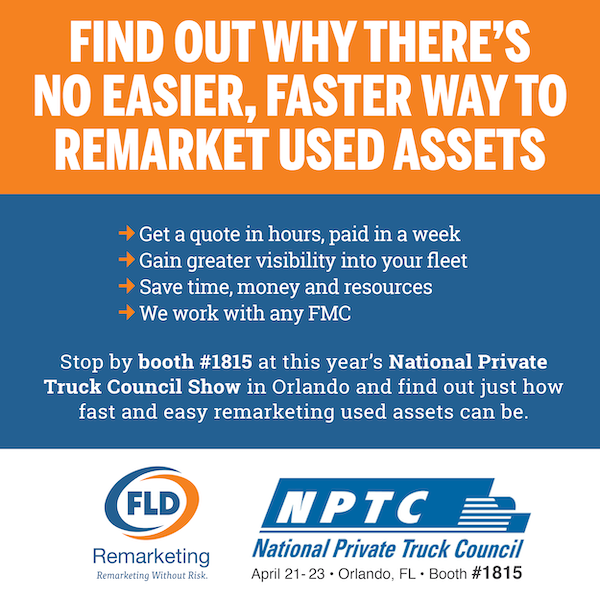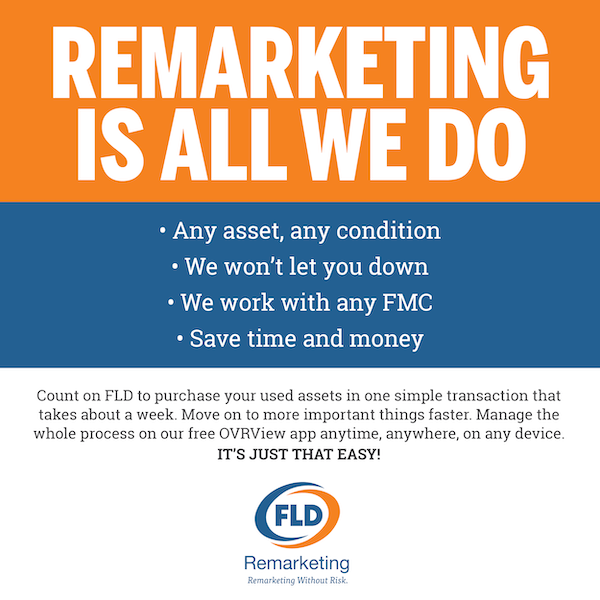
With the typical new passenger vehicle costing more than $33,000, American drivers understandably want to do everything they can to preserve their investments.
But using a higher octane fuel than a vehicle’s owner’s manual specifies “provides no increase in fuel economy, horsepower or a reduction in emissions,” said Greg Brannon, the AAA’s director of automotive engineering.
And what better way to do that than by spending a few extra cents per gallon and occasionally treating your car to a tank of premium fuel?
Don’t do it. Unless one likes to unnecessarily enrich the oil companies, there is no reason to buy premium gasoline for a vehicle that needs only regular.
According to a report this week from AAA, 16.5 million drivers used premium fuel on average at least once a month over the last year, although their cars required only regular grade gasoline, accomplishing nothing positive and wasting $2.1 billion.
There are advantages to using brand-name fuels, whose detergents and additives can help engines run cleaner and last longer. (More on that below.)
How? By making a metallic pinging or knocking sound when you accelerate. If that doesn’t happen, feel free to fill your tank with the cheaper stuff. As the Federal Trade Commission’s website so succinctly states: “Unless your engine is knocking, buying higher octane gasoline is a waste of money.
But using a higher octane fuel than a vehicle’s owner’s manual specifies “provides no increase in fuel economy, horsepower or a reduction in emissions,” said Greg Brannon, the AAA’s director of automotive engineering.
Unless you have a high-performance car — like a BMW M3 or a Jaguar XF — whose engine is designed to require the use of higher octane gasoline, so-called premium gasoline, your engine will let you know if regular gas isn’t good enough.
Gasoline sold in the United States usually is available in three octane ratings: Regular gas is typically 87 octane, midgrade is 89 and premium might be 91 to 93.
The difference is not mere marketing. The higher the octane number, the greater the fuel’s resistance to detonation. Decades ago, that mattered. Using a lower octane fuel could often result in pinging or knocking because the fuel was igniting prematurely. Knocking is not good because it can cause premature engine wear.
In the 1960s, vehicle engines were so sensitive to knocking that one fuel company, Sunoco, offered eight octane grades at the pump. And the company produced a chart, second only to the periodic table of elements in complexity, to help drivers figure out which blend their make and model car required. (It being the ’60s, the only cars listed came from Detroit.)
Back then, too, gasoline also contained tetraethyl lead to dampen knocking and increase octane. But leaded gasoline, a neurotoxin and environmental hazard, was eventually outlawed.
Modern engines not only don’t need lead but have sophisticated antiknock technologies that sense a fuel’s octane rating and adjust their ignition timing to prevent damage.
Read more of the original article at The New York Times.




